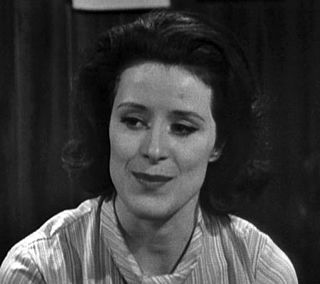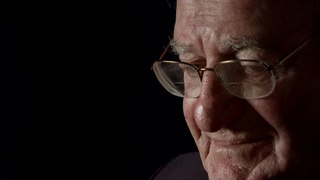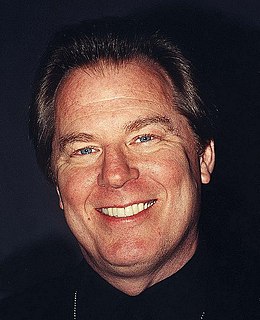A Quote by Bob DeMarco
When you objectify a person living with dementia, you dehumanize them. Once dehumanized, the person becomes a villain.
Related Quotes
We're so willing to dehumanize entire populations in order for us to conveniently go along with our lives. We know exactly one North Korean, for example. The rest of them, we don't know - but it makes it very easy to bomb North Korea if we pretend they're all one person. Literature makes it harder to dehumanize people in this way.
If you get attached, then it becomes an obsession. If the person is not there, you are unhappy. If you miss the person, you are in misery. And attachment is such a disease that if the person is not there you are in misery, and if the person is there you are indifferent. Then it is okay; it is taken for granted. If the person is there it is okay - no more than that. If the person is not there, then you are in misery. This is attachment.
I've had five grandparents who have had Alzheimer's. I've been involved in raising money for two decades, so I thought, how could I combine my work with this commitment to helping dementia? One of the myths is that it's an older person's disease. We're seeing early onset dementia among people at 45. It's the disease of everybody.



































